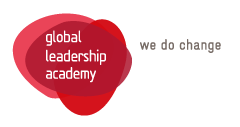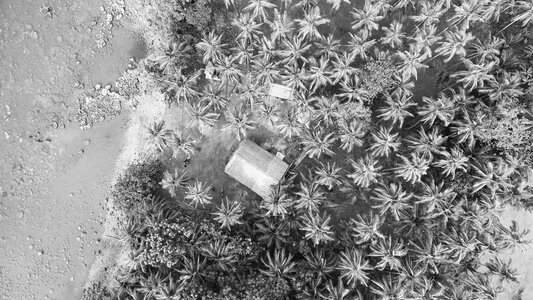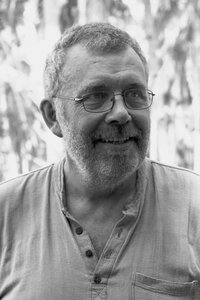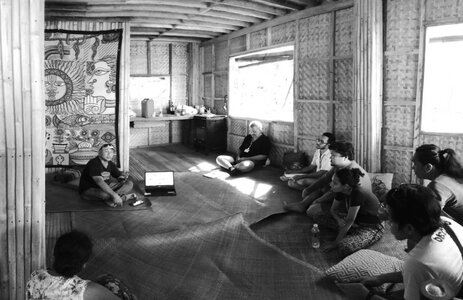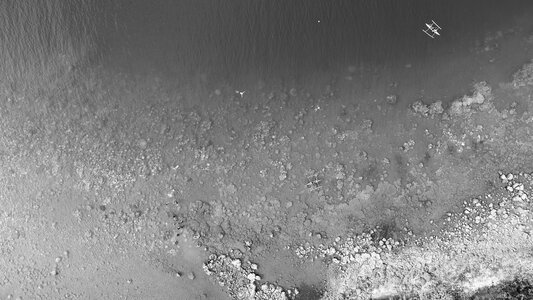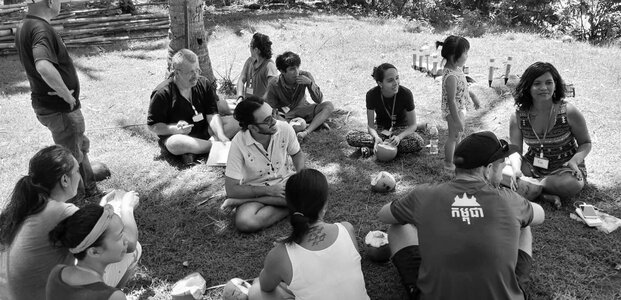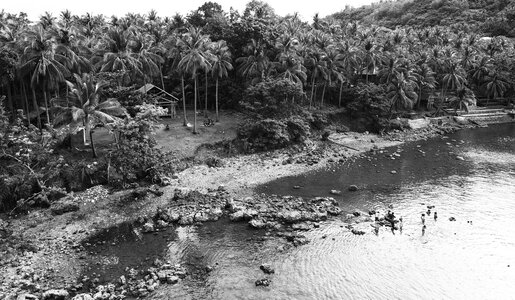Thinking global, acting local to promote sustainability
Robert Axelsson is a climate change strategist at the County Administrative Board of Västmanland, Sweden. He is also a chairman of the Board of the Western Visayas Integrated Learning Centre at San Joaquin, Iloilo, Philippines, and took part in the Global Wellbeing Lab 2.0.
Societal transformations, especially on a global scale, require both a common ground and a supportive network. Finding or creating this can be a challenge. Robert applied for the lab because he felt the need for “a better platform to do good from.” “I hoped the lab would give me a new platform or inspire me to create one”, he explains. And indeed, the lab supported and encouraged him to search for his own way. A professional as well as a personal journey ensued which the following story gives us a glimpse on.
Before participating in the Global Wellbeing Lab 2.0, Robert worked as a researcher at an agricultural university in Sweden but felt that the rigid structures, the traditional academic mindset and the constant pressure to write more and more scientific papers kept him from contributing to change and actually making things happen. The lab session in Bhutan and especially the time spent in the jungle inspired him to connect to his values and his drive for social and ecological change. He realized that university was not the right platform for him to inspire change from and thus, left his employer.
Enabling a Dialogue
A coincident in his community then became a shaping factor of his further development: Following an attack by right-wing radicals on the local refugee camp, he was determined to show civic courage and to make a gesture to demonstrate that both refugees and Swedish people were openhearted. In a symbolic action, he and some of his friends placed welcome messages outside the refugee camp and started a group that met with refugees each week. Encouraged by the impact the Global Wellbeing Lab had on him and driven by his eager will to promote dialogue, he seized the chance to become the manager of the refugee camp, promoting refugee rights and interests on an institutional level. “We did things better for a year. It was great and I felt I did good.” But his journey was not over yet, as again, institutional obstacles interfered with his ambitions – and again, Robert moved on.
During his search for a place to promote change, Roberts continual personal evolvement kept increasing his leadership skills.
“I became a better and more confident change leader. Some of it came from the lab and some of it from my personal experience. Many years of struggling to receive support for my autistic son have made an impact on my way of thinking and handling things.”
Robert Axelsson
An Independent Project – An Innovative Approach
Given the dilemma between institutionalized structures and innovative venture, how can one effect durable change?
Robert answered this question by putting into practice an idea that emerged from the work during the lab: He co-founded the Western Visayas Integrated Learning Centre on the Philippines. His aim is to create a system outside the conventional schools where people continue to collaboratively learn, develop and co-create the future. Thinking up this project, Robert drew inspiration from the Global Wellbeing Lab and Theory U as well as from Study associations and the Swedish Folk High schools. As he sees the success of the latter model in his home country, he wants to transfer the Swedish experience to the Philippines and to adapt it to the local cultural context.
Four main objectives are crucial in this approach:
- Contributing to learning and personal development to improve life situations,
- Promoting the reduction of inequalities in education and increasing general knowledge and the level of education in the society,
- Fostering the capacity to engage in the development of the society and environment and thereby strengthen and advance democracy,
- Using art to realize the above and to increase the interest and participation in art.
the Integrated Learning Centre
Having put a lot of effort into getting the project off the ground, the team of the Integrated Learning Centre is now more than content with the outcome of first official event held in summer 2018: About 20 local Ilonggo artists and several experts from different fields of sustainable development shared their thoughts and ideas in the Environmental Challenges Lab.
In parallel with founding the Integrated Learning Centre, Robert started a new position as a climate strategist at the county administrative board of Västmanland where he is working on climate mitigation and potentially moving up his projects to a national or European level.
Robert has reached his destination: He pushes forward local as well as global wellbeing. Combining the Learning Centre project on the Philippines with his administrative position in Sweden, he resumes:
“Here I can do good. Now my search is over – for some time.”
Robert Axelsson
Contributing to the global goals



